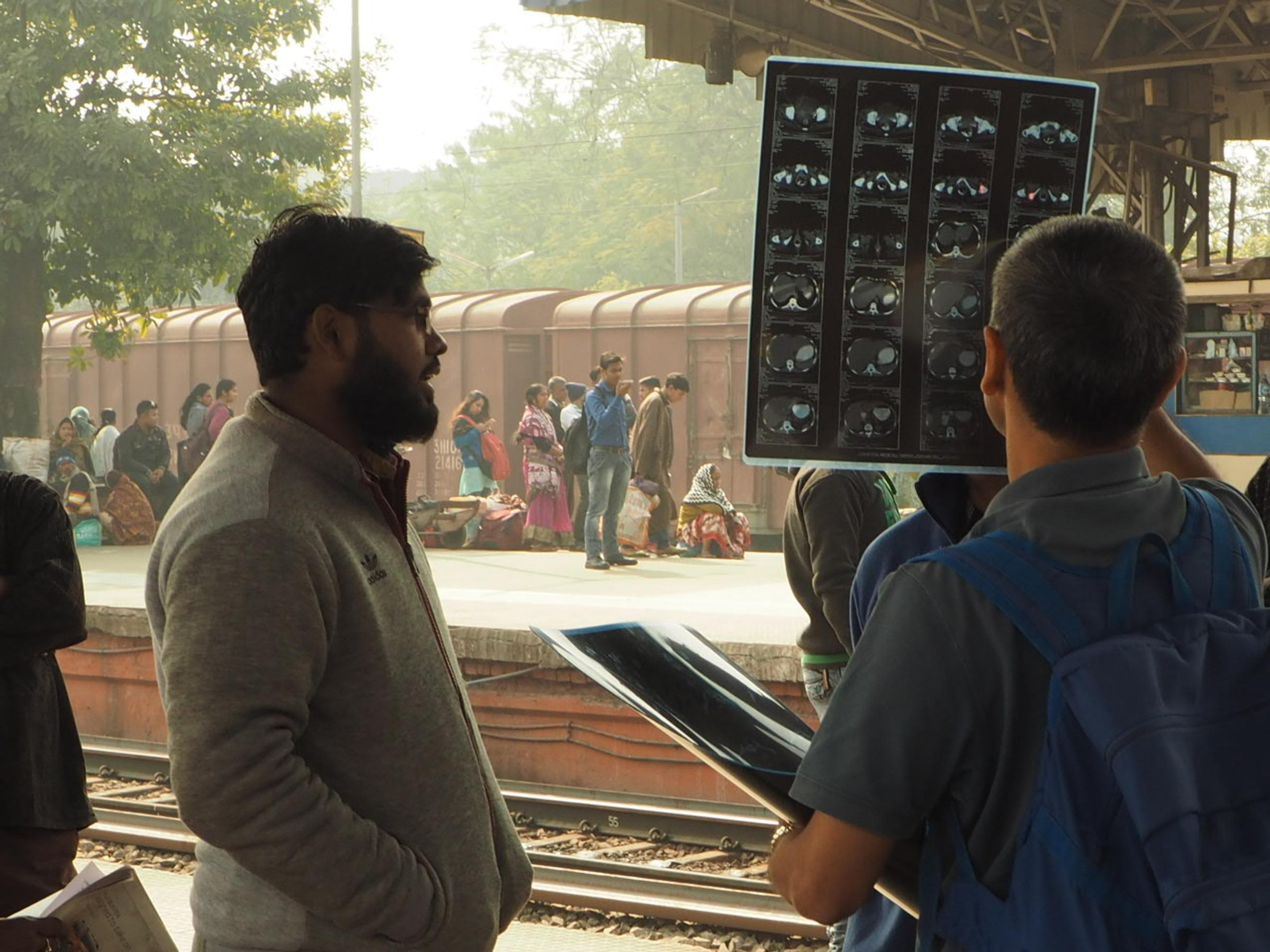Project Hamrahi review

Readers of the APLI News will no doubt be familiar with the Project Hamrahi review commenced in mid-2020. The data collection has now been successfully completed, with). A total of 57 responses were received, which included 28 mentor, 22 mentee and seven project officer surveys. In depth follow-up interviews were conducted by the Project Officer, Archana Ganesh, of eight mentees (four doctors, one nurse and three others (administrators / social worker).
Six themes have emerged from the data across participant categories. Here we report on the first three themes of Education, Advocacy and its importance, and preparation and planning for Visits. In the next APLI News we will detail the findings relating to Mentor Support, Relationship building, and Monitoring and Feedback.
Education
Participants confirmed an overall improvement in their own and their team’s Knowledge (eg. sharing of best practices), Attitude (eg. improved compassion) and Skill levels (eg. improved communication skills). A bidirectional flow in education was also recognised by participants as they learned to appreciate various cultures, differing work environments and systems of care delivery across varied resource settings. Role modelling activities such as bed side teaching and modelling communication were considered successful.
Advocacy and its importance
Most participants noted that advocacy efforts by the APLI team had an impact on the Indian organisations. An improved awareness of palliative care by administrators, an appreciation of palliative care by non-palliative care staff and improved resource allocation towards palliative care (eg. water beds for community patients) were some examples. It was noticed that the visits also aided to boost the image of the institutions as the visits not only gained media coverage but patients and their families appreciated the visits by ‘foreign doctors and nurses’.
The Visits (preparation and planning)
All participants identified opportunities where the visits could have been better planned / organised. Visits could be longer (two weeks per visit) and/or with increased frequency (three visits per annum). More structure was recommended (eg. Pre-planned agendas, clarity on roles and responsibilities for both mentees and mentors), have an explicit articulation of evolving goals for each visit, and accommodate the active presence of a Pallium India Project Officer.
